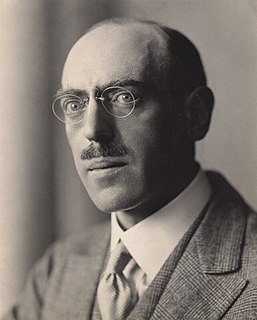A Quote by Jennifer Pahlka
Cities perform most functions in a very Industrial Age model.
Related Quotes
Industrial jobs are disappearing, and they will continue to disappear owing to productivity gains from automation. Thus, social models that were created to fit industrial and early service economies will no longer be viable. As the industrial workforce shrinks, the social model founded on it will go, too.
Products were once designed for the functions they performed. But when all companies can make products that perform their functions equally well, the distinctive advantage goes to those who provide pleasure and enjoyment while maintaining the power. If functions are equated with cognition, pleasure is equated with emotion; today we want products that appeal to both cognition and emotion.
Fifty percent of the world's population lives in cities. In a couple of decades, 70 percent of the world's population will be living in cities. Cities are where the problem is. Cities are where the solution is, where creativity exists to address the challenges and where they have most impact. This is why, in 2005, the C40 was founded, an organization of cities that address climate change. It started with 18 cities; now it's 91. Cities simply are the key to saving the planet.
It is not simply that these two cities are perched side by side at the edge of the Pacific; it is that adolescence sits next to middle age, and they don't know how to relate to each other. In a way, these two cities exist in different centuries. San Diego is a post-industrial city talking about settling down, slowing down, building clean industry. Tijuana is a preindustrial city talking about changing, moving forward, growing. Yet they form a single metropolitan area.
The industrial revolution fueled all of humanity, everything we do has been exploding ever since. It's been the biggest most impacting thing, not only for human beings in the last 250 million years, but also the planet, which caused the ice age, which buried the forest. It's this circle because of the industrial revolution, it's neither good or bad, it enabled all of modernization, extended our life, it changed everything. It's the most impactful thing that happened to the planet and the people.



































